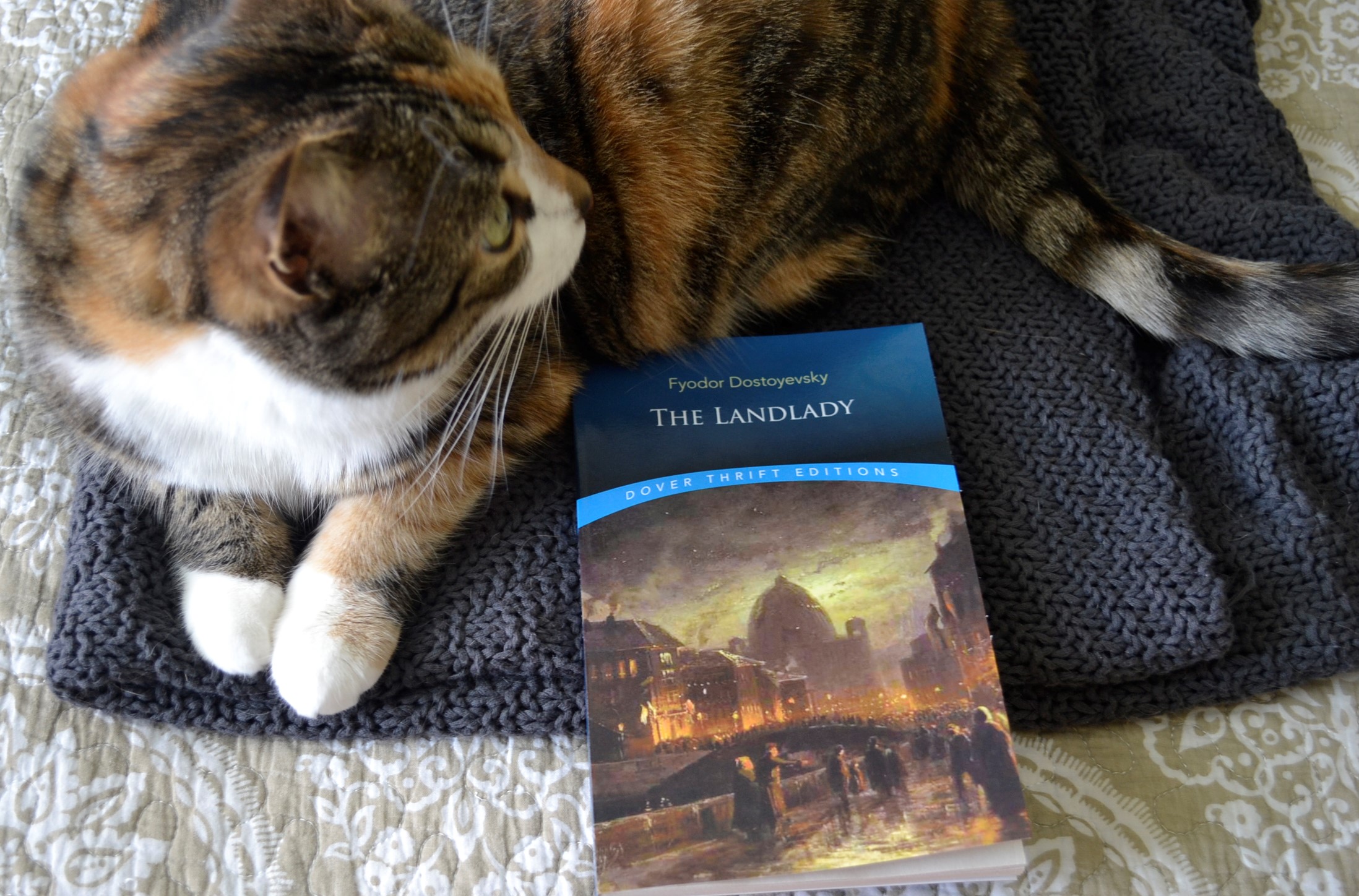Recommended Reading
I actually have only been reading Russian literature for a short amount of time and how I started reading it is a bit of story in and of itself. I was actually in an antiquarian bookstore looking for classic novels from English or French literature that I didn’t already own. I’m not even sure what I bought that day, but one of the titles in the stack of books I had already gathered prompted the bookseller to ask me if I was at all interested in Russian literature.
I hadn’t really read much of it before other than Crime and Punishment, but, as always, I was willing to read more. So I left the bookstore that day with a Turgenev’s Rudin, and Bulgakov’s Master and Margarita.
Needless to say that I have read many, many works of Russian literature since then. I find that there’s something very unique about it in terms of style that can be hard to quantify. A certain sharpness of style and technique that is often scathing and poignant at the same time.
The Landlady
The Landlady (Khozayka) is a novella about a young man named Ordynov who is obsessed with studying and soon becomes obsessed with a young woman he sees while wandering around St. Petersburg. He finds the woman in a church and follows her and the old man with her home. Since he is looking for new lodgings anyway, the young man is determined to get a room in the same house they live in.
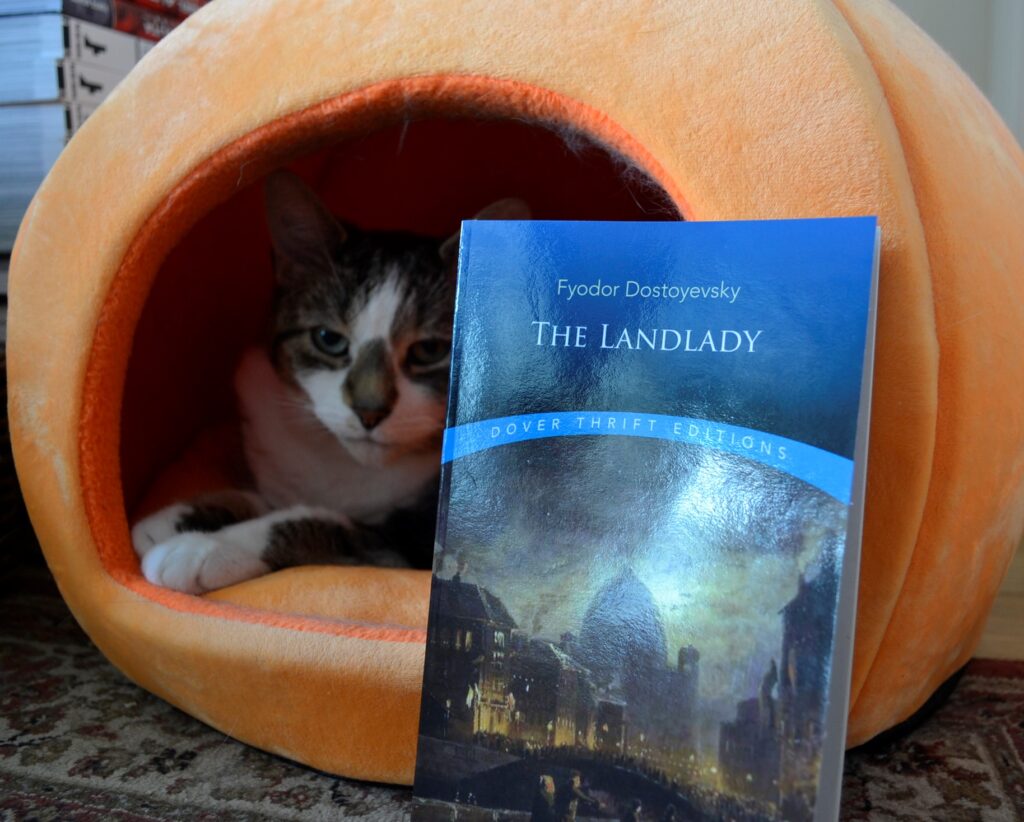
He eventually becomes their lodger and then is entangled in the strange circumstances surrounding the young woman and the old man.
The story is full of twists and turns and there are moments when you actually have to pause because you’re not sure you’ve read what you think you’ve just read. It represents one of those rare instances when the book is just long enough while still being a novella. I did not need more text, yet I didn’t wish for less.
What is truth?
The Landlady hinges almost entirely on unreliable narration. Ordynov is a man that has only learned of the world through books and academia and is completely naïve when it comes to people and very basic aspects of everyday life. Katerina — the young woman he becomes obsessed with — might be mad or might be bewitched. Katerina’s husband — Murin — might be a mystic, a brigand, Katerina’s father, or her cousin who has taken her in.
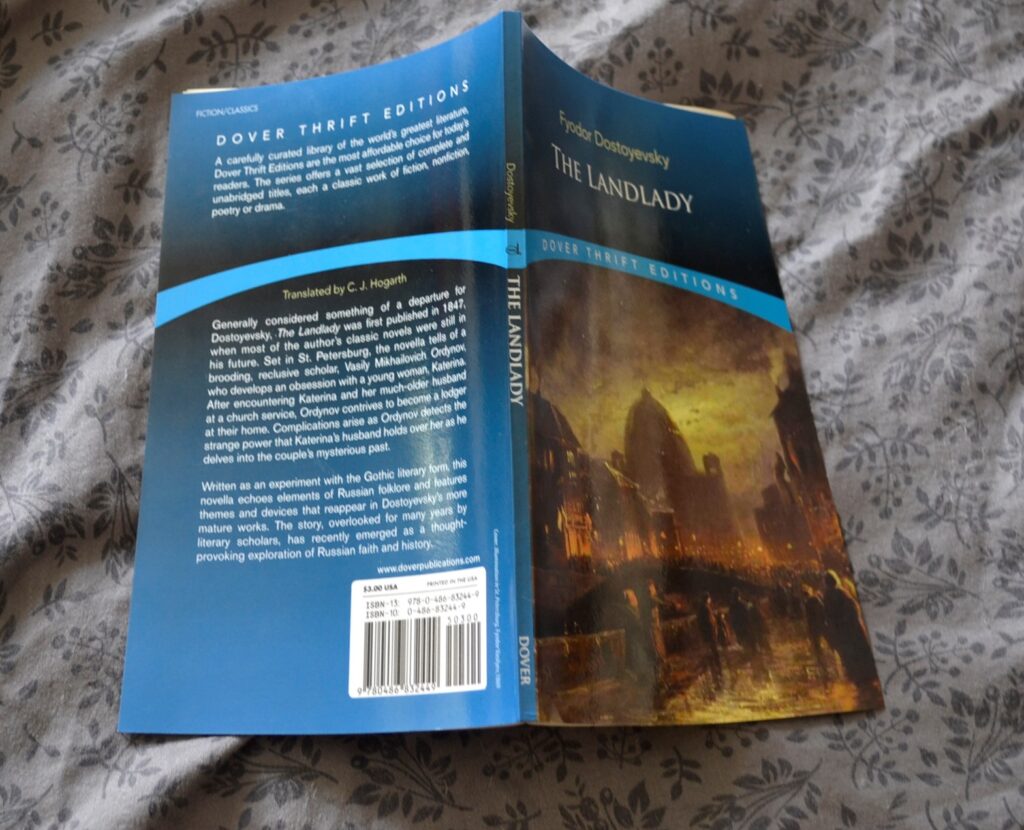
Multiple stories, explanations, and rumours float around the narrative, most of which are never fully resolved. In the end there is a feeling almost like one gets when hearing an urban legend in all of its various versions. Dostoyevsky is building a story that is full of a dreamy kind of uncertainly that is often a part of folklore but which also has the dramatic elements of gothic literature.
A Strange Story
This novella is strange and the plot continues forward in a strange and often circular way. Dostoyevsky is being intentionally murky in his writing to heighten the dream-like quality of the narrative. The reader is meant to be questioning who to trust as well as what is real. It’s best not to seek clarity and just let the mood of the mystery carry you through it.
Dostoevsky is working with themes from Russian folktales and trying to weave a narrative that borders somewhere on the line between melodrama and the fantastical. I do usually prefer stark, blunt styles, so I can admit that The Landlady isn’t in my wheelhouse. But at the same time I do appreciate the technique that Dostoevsky uses to conjure a story shrouded in deception like a landscape shrouded in mist.
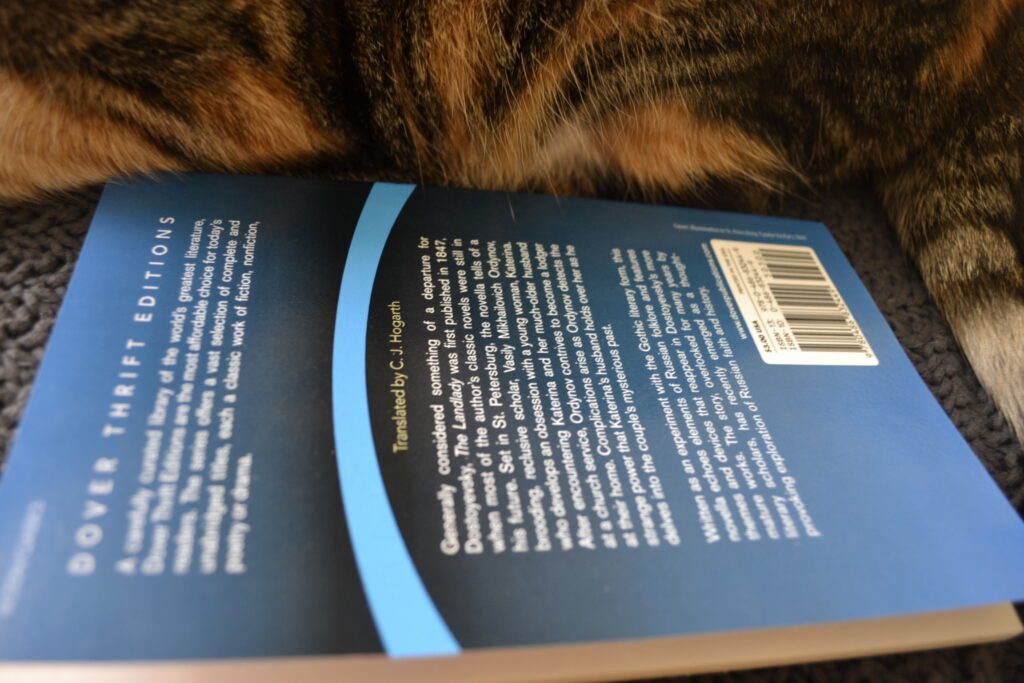
It’s a difficult mood to create without alienating the reader and sending them to the internet for a summary, but Dostoevsky manages it.
Why We Left
Looking for lodgings is still a part of modern life.
Renting an apartment is an unforgettable experience that most of us have been through. You learn a lot living as one unit amongst others. You learn to keep your noise to yourself. You learn the basics of what repairs are emergency repairs, and how much utilities cost. You learn to budget for rent. You learn the basics of hallway or common area etiquette.
Since I left my childhood home mid-way through university until two years ago, I’ve lived in apartments and loved the city.
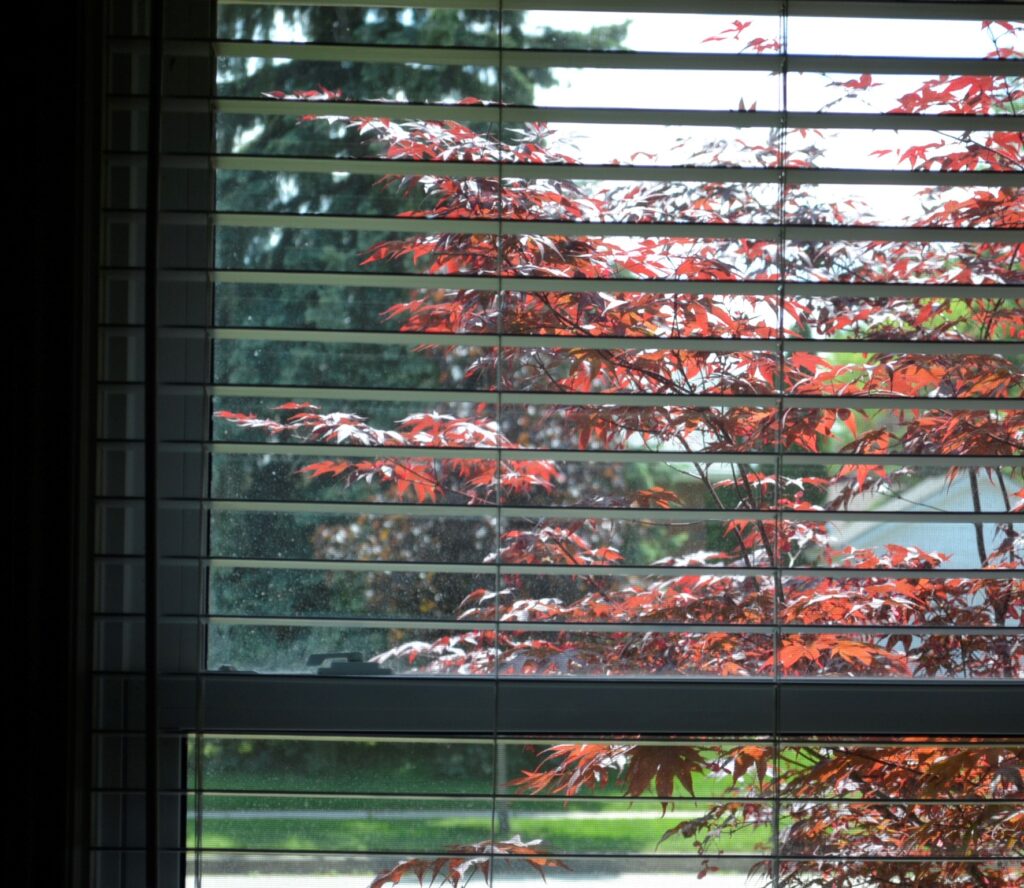
But the city and apartments come with their share of problems. We were fortunate enough to have excellent landlords, but there are things even excellent landlords have trouble controlling. Noise. The trouble some tenants have realizing that they are not an island and that there are certain considerations attendant to living in the close proximity of the apartment building.
I wouldn’t trade my experience living in apartments, but I have to say that I’m glad that we’ve been fortunate enough to be able to buy our own home. However, I wouldn’t be as good of a homeowner if I hadn’t lived in an apartment first.
